Reference against Nawaz, Zardari sent back to NAB
Accountability court returns NAB's Toshakhana reference citing 'lack of jurisdiction'
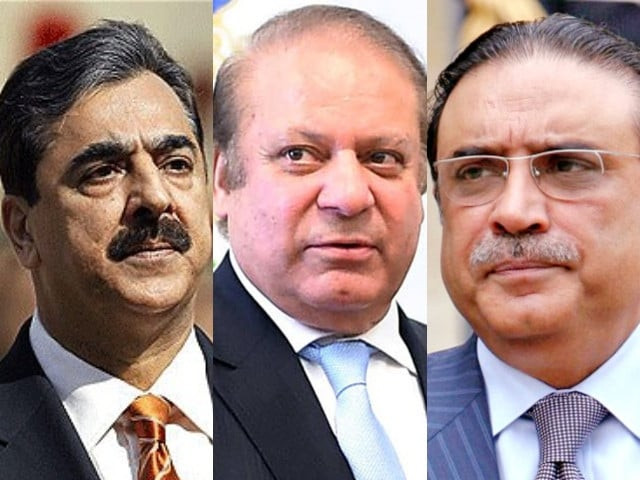
An Islamabad accountability court on Wednesday returned the Toshakhana reference filed by the National Accountability Bureau (NAB) against former president Asif Ali Zardari, ex-premiers Nawaz Sharif and Yousuf Raza Gilani to the national graft buster under the recently tweaked NAB law, citing lack of jurisdiction.
The decision was taken in light of the recent amendments
in the accountability laws that clipped the wings of the anti-graft body – the latest relief to the politicians of the ruling coalition at the Centre under the amended NAB laws.
The reference was sent back as the charge on the accused was for Rs110 million, whereas after the amendments made to the National Accountability Ordinance (NAO) 2000 by the coalition government, all corruption cases involving an amount below Rs500 million would not come under NAB’s purview.
In 2020, the anti-graft watchdog had filed a reference about three Toshakhana vehicles which were given to former prime minister Nawaz Sharif and ex-president Zardari. It alleged that the taxes for the vehicles were paid through “fake bank accounts”.
The court had also declared former premier Nawaz Sharif a proclaimed offender for not appearing before the court despite repeated summons and ordered seizure of Nawaz Sharif's property besides separating his case from the other four accused.
Read No business: ACs give a deserted look after NAB law tweak
It had also initiated the process to confiscate his properties and directed the NAB to make his arrest through Interpol.
‘Lack of jurisdiction’
During the hearing, the accountability court Judge Muhammad Bashir issued orders to send the reference to the relevant forum under the amended laws.
It is pertinent to note that following the completion of the accountability court judge Asghar Ali's term, Muhammad Bashir heard the reference as an administrative judge.
Farooq H Naek, counsel for PPP co-chairman Asif Ali Zardari, appeared before the court and contended that his client had nothing to do with the case.
He argued that the case did not fall under the jurisdiction of the court. “The court must give a verdict as per the law,” he appealed to the judge.
After hearing arguments, administrative judge Muhammad Bashir ruled that the case should be referred to the relevant forum.
NAB reference
In 2020, the anti-graft watchdog had filed a reference about three Toshakhana vehicles which were given to former prime minister Nawaz Sharif and ex-president Zardari. It alleged that the taxes for the vehicles were paid through “fake bank accounts”.
In order to extend illegal benefits to the accused [Zardari and Nawaz], Gillani allowed the retention of vehicles by relaxing procedures relating to the submission of gifts in the Toshakhana.
The accused “through dishonest and illegal means for their personal benefit and interest” retained the vehicles in question “against a nominal payment of 15 per cent of the total value”, the reference stated.
It added that Zardari made the payments for the vehicles through the Omni Group chief executive and his son “for which he has no plausible justification.”
“It was established during investigation that these amounts are in the context of illegitimate laundered proceeds for the benefit of the accused,” the reference reads.
The reference said that Gilani, in connivance with Zardari and Nawaz, “dishonestly and illegally relaxed the procedure for the acceptance and disposal of gifts […] which stipulate that vehicles shall not be allowed to be purchased by the recipients”.
“The accused [Gilani] floated and suppressed the law and the procedure to grant undue concession, and benefits resulting in wrongful loss to the national exchequer,” the statement added.
The reference stated that during his tenure as president, Zardari accepted and received vehicles as gifts from the United Arab Emirates in 2005 and from Libya in 2008.
“He neither reported the gifted vehicles nor deposited the same. The accused preferred his own personal interests and obtained undue concession and benefits,” it added.
Nawaz, who did not hold any public office in 2008, “knowingly and with dishonest intention obtained illegal favour in connivance with [Gilani] by obtaining the relaxation of the said procedure for acceptance and disposal of gifts”.
NAB amendments
In May this year, just weeks after coming to power, the Pakistan Muslim League-Nawaz (PML-N)-led coalition government got the National Accountability (Second Amendment) Bill 2021 approved by the National Assembly as well as the Senate.
However, Pakistan Tehreek-e-Insaf (PTI) Chairman and former prime minister Imran Khan challenged the amendments to the NAO 1999 in the Supreme Court (SC) through a constitutional petition filed under Article 184 (3) of the Constitution on June 25, arguing that the tweaks would pave the way for public office holders to get away with white-collar crimes.
According to a report submitted by the graft buster to the SC, since then the amendments have ended up benefitting over 90 per cent of cases, including high-profile ones, that the NAB was dealing with — whether at the inquiry, investigation or trial stage.
PM Shehbaz Sharif is the major beneficiary of the amendments among other leaders of all major political parties, including the PTI. Even senior federal ministers will benefit from the changes.

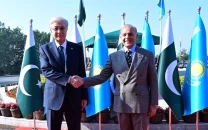
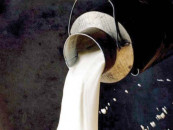
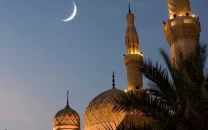

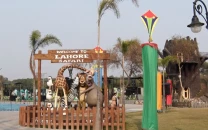













COMMENTS
Comments are moderated and generally will be posted if they are on-topic and not abusive.
For more information, please see our Comments FAQ